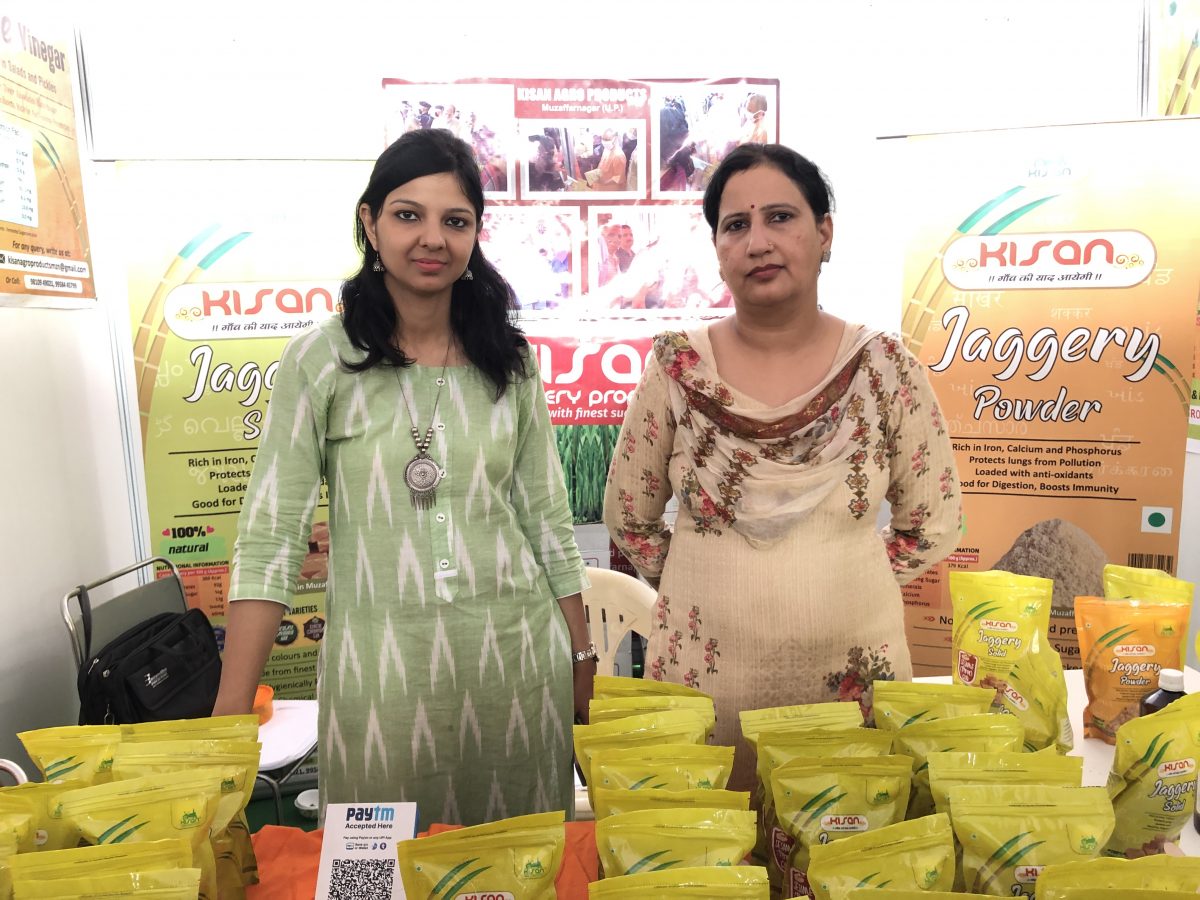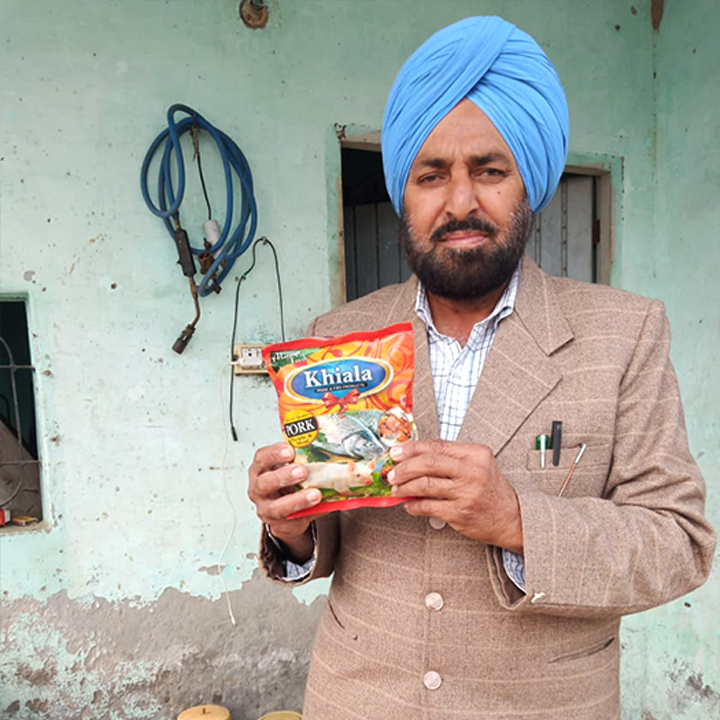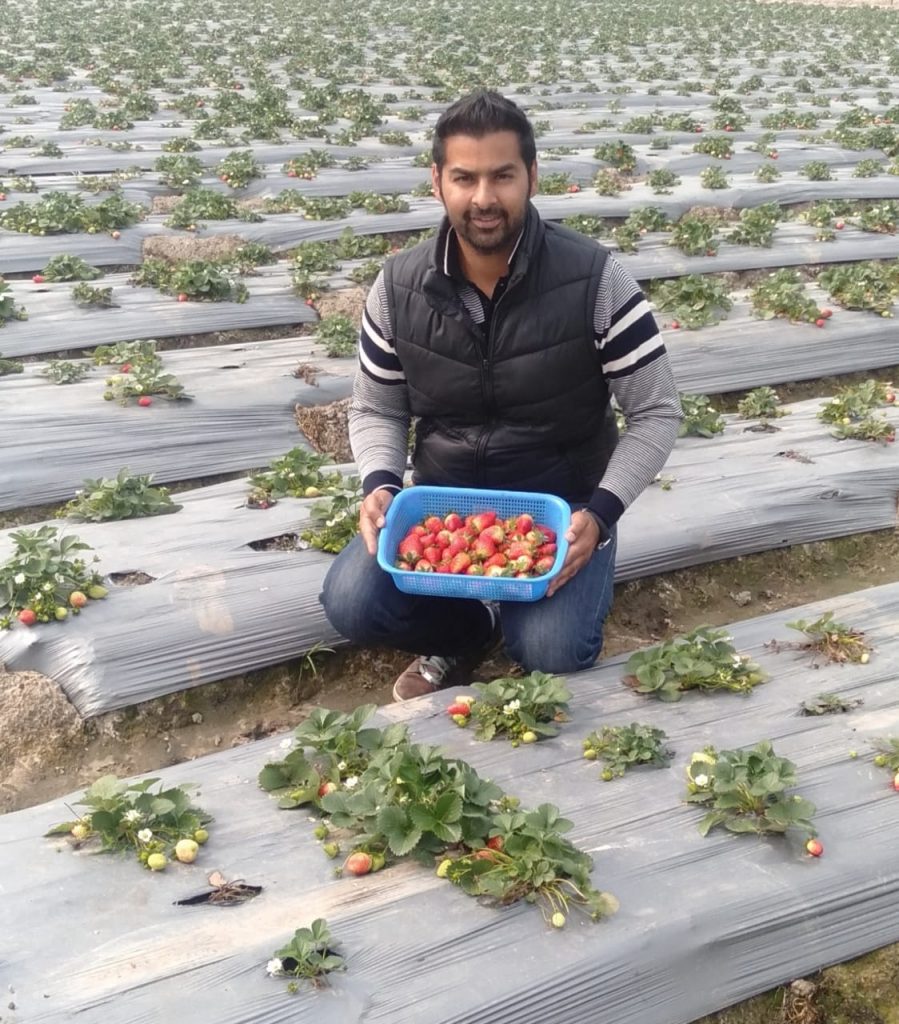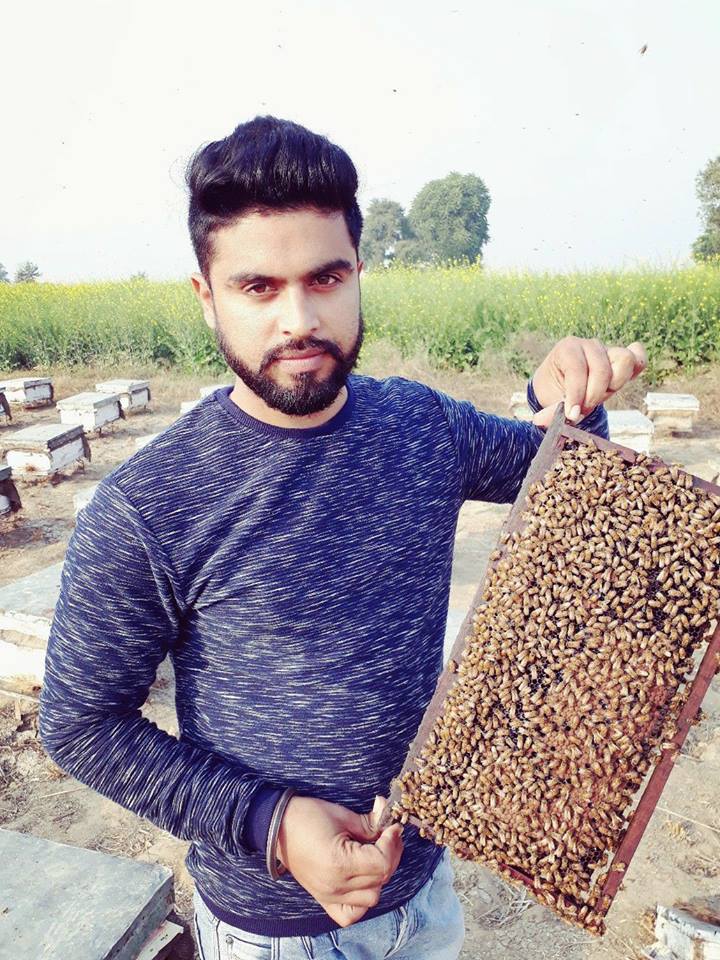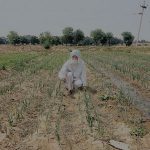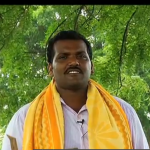A woman who not only dreamed about her goals but also dared to pursue them and achieve success — Jyoti Gambhir
Jyoti Gambhir is a lady who not only had ambitions but also had the courage to pursue them and succeed.
If directed in the right direction at the right moment, your passion can help you reach the sky. Each and every one of us has goals and desires, but not everybody has the courage to pursue them. A person is hindered from achieving their goals by their fear of failing. Nevertheless, there are some who never give up.
One such woman, Jyoti Gambhir from Ludhiana, not only succeeded in turning her pastime into a business and achieving her goals, but also established herself as a role model for others.
Jyoti was always fond of cooking and thoroughly enjoyed it, but she exclusively did it in her kitchen at home. But there always comes a point when it’s time to start afresh.
Cooking was my hobby, and I tried cooking different food items at home for my family— Jyoti Gambhir
As they say, ”Where there’s a will, there’s a way.” Jyoti’s daughter suffered from lactose intolerance and would often fall sick after she consumed outside food. Her daughter’s sickness made her resilient, and she started baking fresh biscuits for her daughter, as her biscuits were gluten free and delicious. They were well-liked by her daughter and family, who complimented her.
She became inspired and started working towards her lifelong quest of starting something of her own. She made the decision to prepare additional biscuits to distribute to her family and friends. After an overwhelming response, Jyoti gave her a ray of hope and a pair of wings to fly. She felt motivated and thought she could provide quality biscuits and bakery items for those who suffer from gluten allergies, lactose intolerance or those who prefer organic food items.
I was overwhelmed & excited to see my family’s response to my new venture— Jyoti
Her husband gave his full support to her decision. She was on cloud seven after receiving the go-ahead signal. She was optimistic about it. She thought she had overcome all the challenges and she could see her path steered clear.
Then she considered taking culinary classes. As she began her research, she made the choice to start labelling her products under the name “Delicious Bites”. The ideal choice for her, given that she resided in Ludhiana City, was to get training from Punjab Agricultural University (PAU). She didn’t waste a second in starting her training at PAU.
I started my training at PAU and then, later on, worked from home to prepare fresh batter for cakes & cookies. —Jyoti Gambhir
After completing her course, she started working part-time. Meanwhile, she came across Dr. Ramandeep Singh, Marketing Head at PAU, who has guided numerous farmers in finding success and is always willing to assist them in prospering. Dr. Singh was greatly impressed with Jyoti’s work when she gave him a detailed overview of her ambition and her lifelong quest to start something of her own. He saw the determination in her. So, then he introduced Jyoti to the PAU social media team and gave her strategic marketing ideas.
Dr. Ramandeep then considered promoting Jyoti’s initiative on the Apni Kheti app and then the Apni Kheti team crafted Jyoti’s story to highlight her for better reach and support.
Jyoti had countless responses to this, and she soon began to receive calls from customers all over the city who wanted to place orders.
She started expanding her business as she garnered more marketing knowledge, using resources from Punjab Agricultural University amidst this process. After a few weeks, when her business of baking cakes and cookies was well established, she took the decision to produce more products. .
I started my Training at PAU and then, later on, worked from home- Jyoti Gambhir
As Delicious Bites began a new phase of growth, Jyoti began to package and label her products.
She makes 14–15 different kinds of bakery products out of these listed products:
- Biscuits
- Cakes
- Bread
- Jaggery
- Sugarcane
- Jam
- Squash
The ingredients required to make biscuits are completely organic. Other goods that include jaggery are cakes, bread, and a variety of biscuits. She took a step forward, then built connections with other organic farmers and started purchasing the required ingredients directly from them.
Dr. Ramandeep made all of this possible by assisting Jyoti in establishing her career.
Currently, Jyoti manages all marketing and promotion of ‘Delicious Bites’ on Instagram and Facebook pages, which she also owns.
In 2019, she was rewarded with Rs. 16 lakhs from The Rashtriya Krishi Vikas Yojana-Remunerative Approaches for Agriculture and Allied Sector Rejuvenation (RKVY-RAFTAAR) for taking up a great initiative of preservative free products.
Jyoti Gambhir then became a partner with Celebrating Farmers Edge International (C.F.E.I.) PVT LTD in 2021, where she is assisting many farmers in the processing of naturally grown sugarcane into healthy products such as cane jam and alkaline cane juice tea. C.F.E.I. has already established two Farmer Interest Groups (F.I. G) through this company, and their goal is to establish 100 F.I. Gs by the end of the year with the assistance of SBI Coimbatore and IIT Mumbai, their technology partners. These farmer groups support, educate, and help them learn how to market their own products.
“Do not follow where the path may lead.” “Go instead where there is no path and leave a trail.”
We all have dreams, but not many fulfil them. Mrs. Jyoti Gambhir is the proud owner of Delicious Bites and has managed to fulfil the quest of her lifelong dream by opening her first outlet in Maharashtra under the partnership with C.F.E.I. She plans on expanding her business further this year and is opening another outlet in her hometown, Ludhiana.
It all started with a home bakery, baking cakes and cookies and delivering orders. She gradually learnt about the various types of preferences people have and began baking vegan and gluten-free products. She went from selling 15 units per day to selling 1,000 units per day and launched her own brand. As they say,
“Dreams don’t work unless you do.”
In 2021, Delicious Bites, a preservative and chemical-free bakery, was the only bakery from Punjab selected by the Govt. of India to showcase their products in the Dubai Expo India Pavilion.
FUTURE PLANS
She wants to grow her business to the extent where she can afford to package and be able to market her own products under one roof.
MESSAGE
Every woman should chase her dreams; there are no limits to fulfilling those goals if a person is fully determined and passionate.


